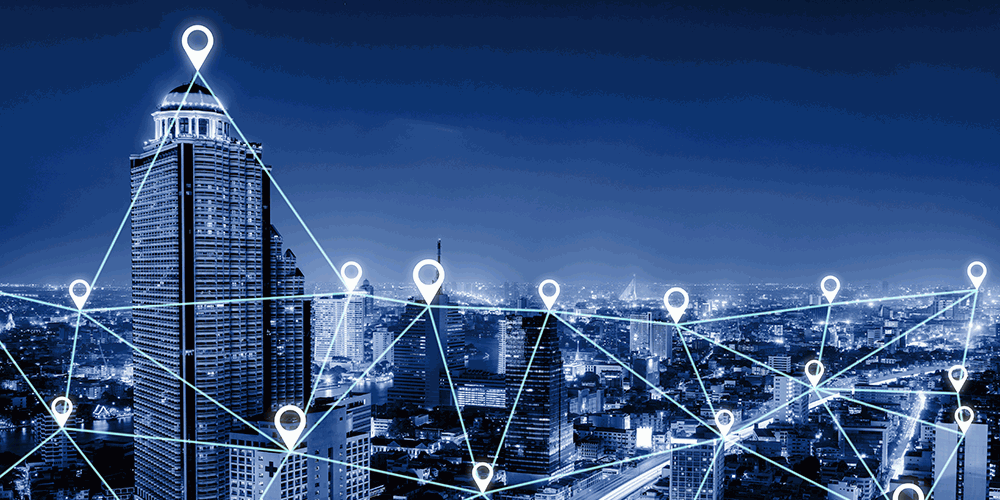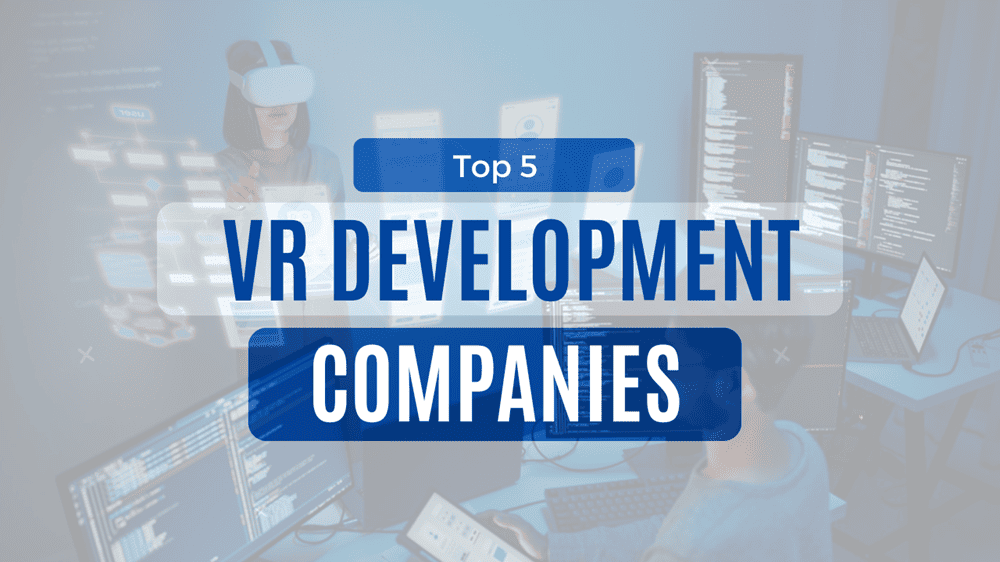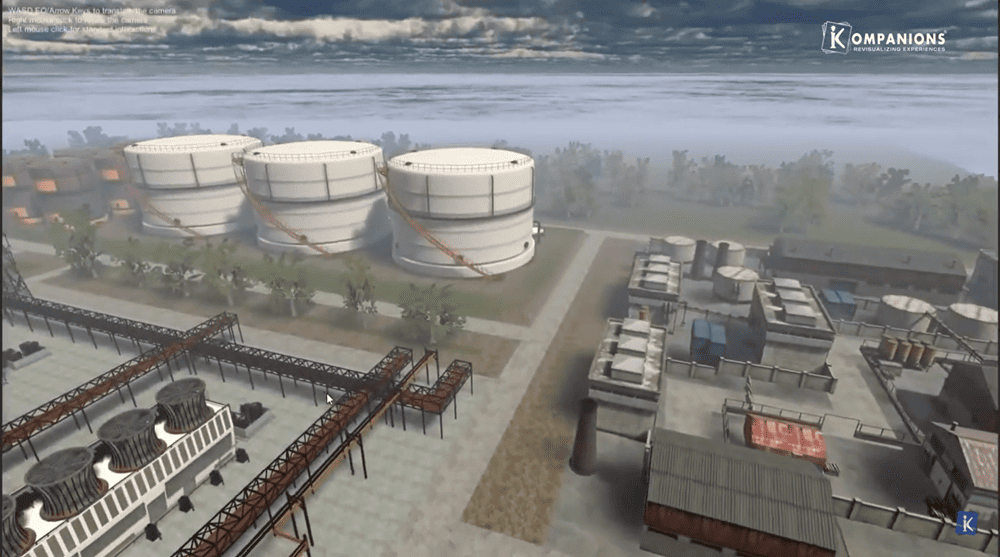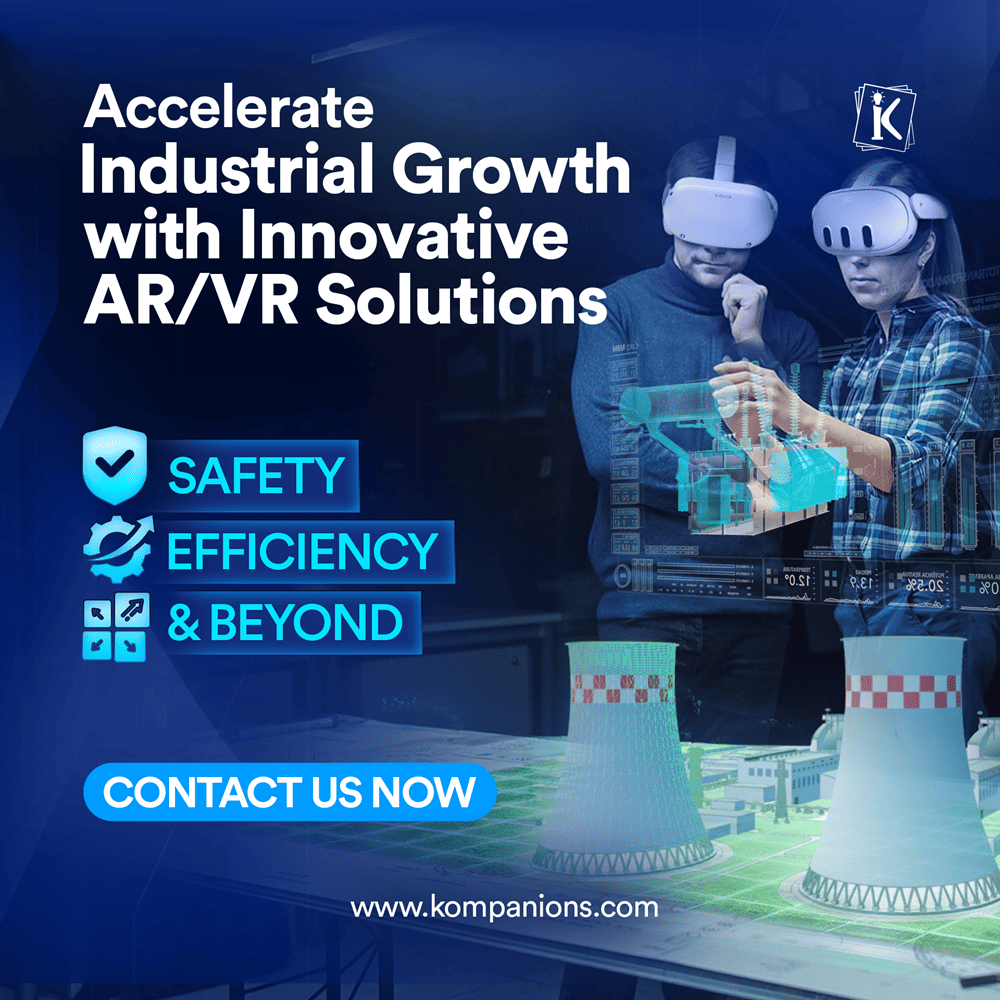Guide to Location Intelligence: Use Cases and Benefits
Much of what location intelligence is all about, has got to do with interpreting geographic data unraveling the stories and what mysteries that data has to tell, and then using them to provide private or public players with important opportunities.
What sort of opportunities?
Well, imagine if you could decode the consumer behavior in different neighborhoods while planning delivery routes. Or be able to position a retail store or even a mall in a zone while aiming for a major impact.
This is just a glimpse of the types of power and possibilities that are being made possible with location intelligence.
Whether it’s the public sector and the government looking to refine their urban planning and disaster management. Or a business from the industry – chalking out details for their next real estate project, the applications of locational intelligence numbers in the many.
It works in tandem with business intelligence while taking geographic data and spatial intelligence into account.
Use Cases of Location Intelligence Solutions for Industries
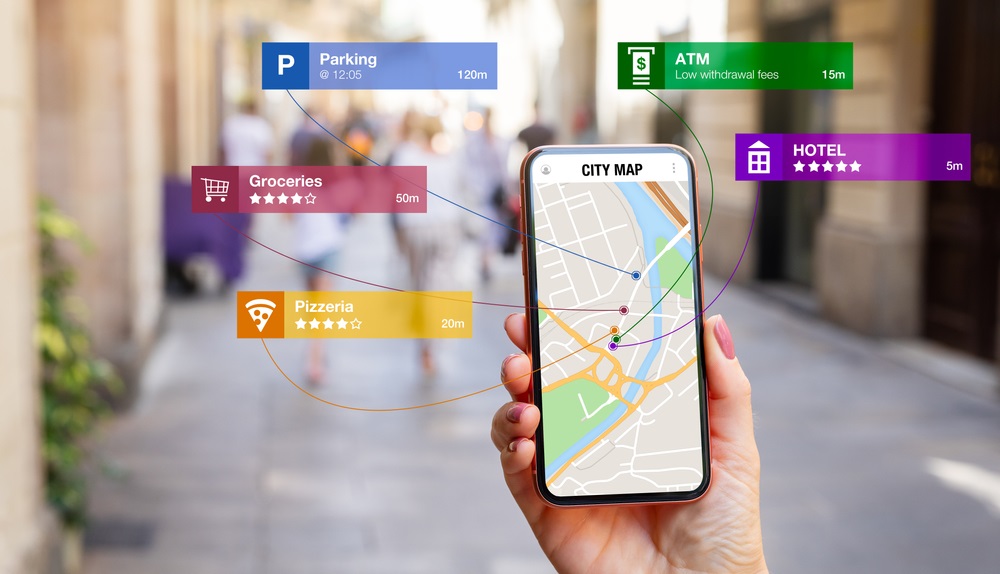 The methodology, tools, and applications of location intelligence software are diverse and to its credit, it can have a major impact on various industries and sectors.
The methodology, tools, and applications of location intelligence software are diverse and to its credit, it can have a major impact on various industries and sectors.
It can allow companies to strengthen their business tactics by enriching them with data-driven insights. Like how blockchain and AI are becoming increasingly important as emerging digital technologies for businesses.
So can the use of local intelligence – be a transformative moment for public and private players? Admittedly, some more than others. Let’s take a look at some of the key businesses or industries that see the use of location intelligence:
✔️ Retail and Commerce
Now this one is almost a no-brainer but also one of the most important ones on this list because much of the foot traffic seen in retail stores comes from its location.
Yes, the brand value and products and all the other aspects obviously play a major part in building the retail store up, but the location in many cases is the silver lining that owners of malls, chains, and even single shops should get right.
So if it’s a brick-and-mortar store or some large mall or multiplex, it would certainly benefit from accessing location intelligence services. This would allow the brand or store’s owner to optimize the placement of their store. Additionally, integrating augmented reality in retail can enhance customer engagement, offering immersive experiences that draw foot traffic and complement location-based strategies.
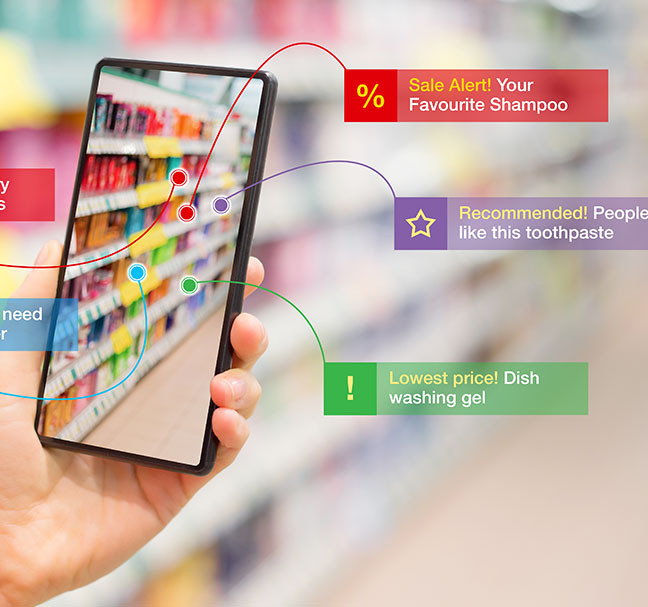
Or even in some cases, help them relocate based on their understanding of foot traffic and accessibility for their audiences. It can also help in developing new marketing strategies for specific areas.
Gain deeper customer insights, optimize store locations, and boost sales with location intelligence. Start making data-driven retail decisions today!
Get Started Now✔️ Logistics and Supply
Like most of the world of transport, logistics is another field that has deep ties with maintaining knowledge and understanding of geographical data.
Therefore, location intelligence plays directly into this requirement of the supply sector as taking the geo data from a space, of the movement of pedestrians and traffic are all important to logistics companies.
They would use this knowledge to optimize their routes, manage the operations of their fleet and make their supply chain more efficient.
✔️ Hospitality and Tourism
Tourism and the hospitality industry revolve mainly around destinations and prime locations that people would like to visit during their holidays or for other purposes.
Geospatial data in these circumstances are important not only for the city’s planning but also for resort owners and hotel chains looking to carefully map their assets in the vicinity.
Location intelligence plays into this use case beautifully by helping key players in analyzing tourist preferences. They can choose which spots to pick for their assets based on this data analysis and make a campaign for tourists.
Moreover, AR in hospitality can elevate the guest experience by offering immersive previews of destinations or virtual walkthroughs of resorts and hotels, enriching decision-making for potential visitors.
And even choose which places they’ll include for digital experiences such as with VR for tourism.
✔️ Utilities and Energy
Important utilities like water supply and trash disposal are part of the city’s planning process. Energy companies either produce the energy in part, just like oil and gas companies or manage the supply of the produced energy to different zones and homes.
Both these departments in tandem can utilize location intelligence in helping them plan their infrastructure resourcefully.
Apart from helping them in planning where to place their utility outlets or services, it also helps these companies to manage the layout of their resources and storages for smoother operations.
Related post: How IIoT is Transforming the Oil and Gas Industry
These are some of the important use cases where, by utilizing location intelligence, businesses and key players are able to improve their operations and advance their interests.
In some ways, it’s like taking the help of an industrial AR/VR solution company. In that, the data helps them by letting them make informed decisions that are driven by insights – backed up by geospatial data and ground information.
Benefits of Using Location Data Intelligence
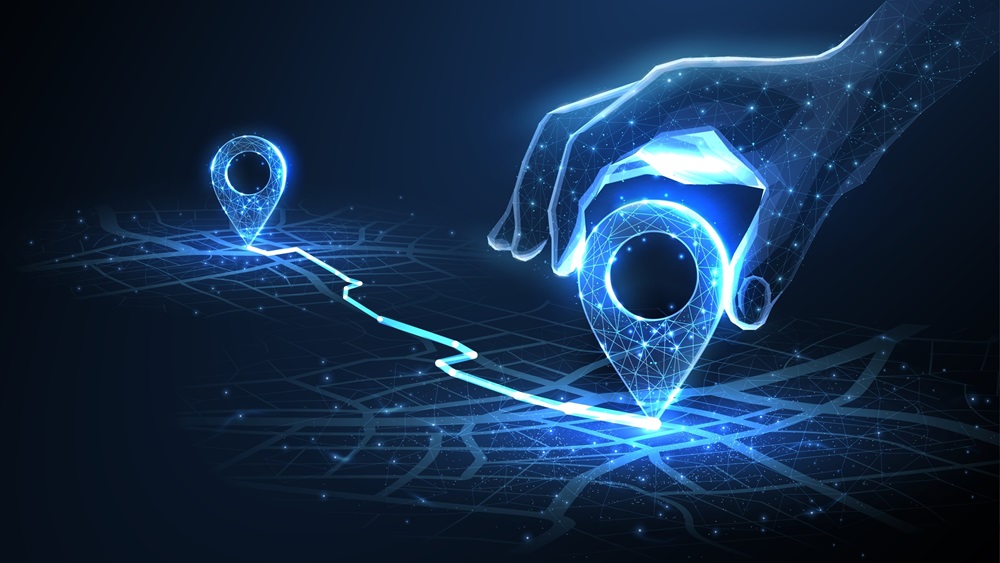
As we’ve learned, location intelligence is valued across various industries for the insights and strategic planning that it cultivates. It’s a dynamic tool that gives key players a growth hack or an early start in whichever endeavor they take up.
And now that we’ve heard about some of the important use cases it presents for different sectors, let’s take a look at the benefits of using location data intelligence:
✔️ Targeted Advertisements
Location intelligence assists firms in efficiently targeting their promotional and marketing efforts by analyzing their target audience's locations, tastes, and habits.
This allows for tailored and location-specific promotions, which leads to increased engagement and conversions.
✔️ Efficient Work Processes
Using location details, companies with logistical functions may improve routes, delivery timetables, and the management of their inventories. It helps to cut transportation costs, shorten delivery times, and improve the distribution chain’s overall reliability for all purposes.
✔️ Risk Management
Businesses can use location intelligence to identify and mitigate risks associated with certain geographic locations, such as exposure to natural catastrophes, crime rates, or environmental issues.
This data is essential for creating catastrophe readiness and business recovery measures.
✔️ Scalable Design
Location intelligence assists retail, restaurant, and other location-related businesses in determining best sites for their forthcoming shops or branches.
This is based on characteristics such as foot traffic, demographics, competition proximity, and market potential. As it ensures a more effective expansion plan.
✔️ Competitor Analysis
Understanding ones’ rivals' geographic presence and assessing how they fare across particular geographies enables firms to uncover strategic benefits and build tactics to grab their share of the market in certain areas.
Maximize profits and enhance customer experiences with smart location insights. Take your retail strategy to the next level!
Unlock Your AdvantageNavigating Towards Success with Location Intelligence Companies
Concluding this brief foray into the art and possibilities of location intelligence is the fact that today, 90% of large businesses firmly believe location data is integral to their strategic success.
It ticks all the boxes when it comes to increasing revenue and brand awareness while reducing overall costs for their business ventures.
We are of the same opinion, as we’ve witnessed the profound impact of location data and insights on industries – while integrating GIS and AR for our clients and their businesses.
If you’re looking to boost your revenues by targeting specific demographics or unlock one of many such potentials brought forward by knowledge and geodata, location intelligence is the right fit for your organization’s first step.
Get started with a quick consult as you reach out to us. Our dedicated team at KOMPANIONS can make sure that you don’t miss out on getting a proper head start on your expedition. Or even in optimizing your business strategies if you’re ever wondering about switching lanes.

